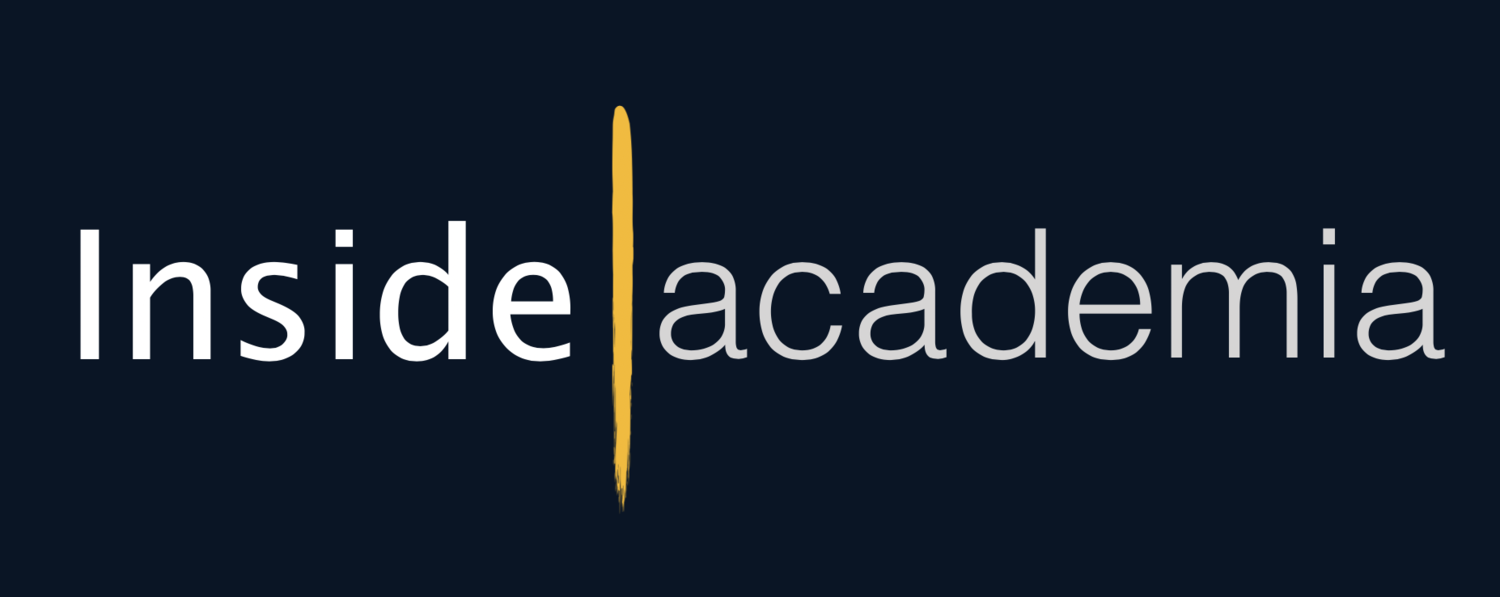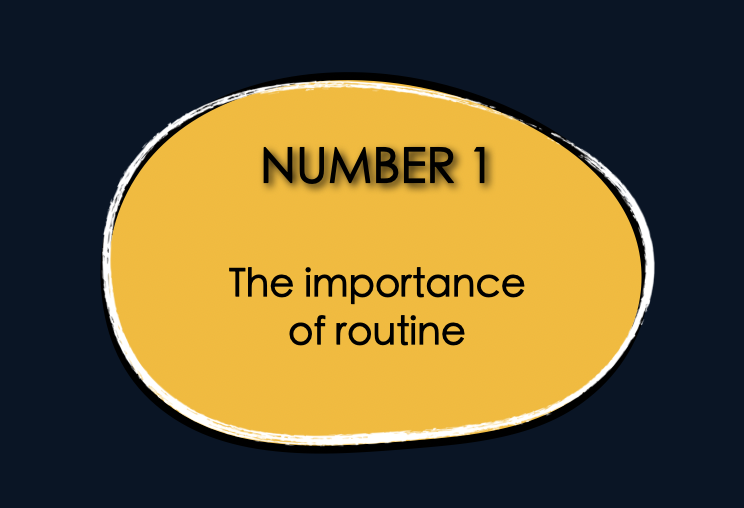Starting a PhD during a pandemic: The impact on mental health and wellbeing
Starting a new position or educational journey, whether it be professorship, undergraduate degree or PhD, brings with it a wave of emotional and mental turbulence. It can be quite stressful, nerve-racking, highly pressurised, and exhausting. But what about when you go through this whole process during a global pandemic and an enforced national lockdown. That is what has happened to Kerry Wilson as she began her PhD at Sheffield Hallam University. Here, she describes the impact beginning this journey has had on her mental health and wellbeing.
“I thought I was so well prepared to being my PhD journey, but nothing had prepared me for starting this journey online! ”
I started my PhD in October 2020 during the height of the current COVID pandemic and, like all universities across the country, we were asked to study and work from home. By the time this happy occasion had come around for me, I had been following government guidelines which meant I had been staying at home for over 6 months, so I thought I had grown accustomed to living my life through video calls. Thought I was well equipped for beginning my PhD journey during a national lockdown.
My week-long induction took place virtually and the first few weeks were a dizzying collection of online training, online meetings, online socials, online everything! Seeing so many new faces flash across the screen I began to panic that I wasn’t good enough, that I couldn’t do this. Hearing the more senior academics talk about the importance of networking, publishing, getting involved in the university, I began to worry about how I would be able to do any of those things when I didn’t know anyone, or understand the processes behind these aspects of a PhD. I thought I was so well prepared to being my PhD journey, but nothing had prepared me for starting this journey online!
Does this story sound familiar? Does it resonate?
If so, why not leave a comment at the bottom of this article, or contact us directly here. If you are interested in writing an article, just drop us a message!
Having managed to work through the first few weeks of my programme, I began the process of designing my research project. But hereto, the virtual world I was now living in dealt me a fresh set of challenges. Challenges I hadn’t imagined nor anticipated when I began my PhD. I had a raft of questions about my research and its design, that, if I was on campus, I could have easily shouted out and sort help with. These small questions soon turned into a big problem. I didn’t want to appear as a pain or a nuisance, but these little questions now became yet another email to add to the mass that we already receive, or yet another meeting to add to our already bursting schedule. It was small things like this that should have been considered insignificant, easy to answer, quick to overcome, but instead, were blown out of proportion becoming massive obstacles that became so difficult to work through. I didn’t know who the best person was to turn to, and I didn’t want to become the annoying new girl who asks silly questions. I wanted to appear confident, capable, knowledgeable but instead I felt out of my depth, unworthy, inadequate, and when you’ve taken on the big life change and commitment of a PhD, you need to feel as though your good days outweigh the bad, and that you’re making progress (even if it is baby steps).
Over the next couple of months my feelings of stress, anxiety and panic began to build. I was starting to recognise familiar faces during the online meetings, but I found it difficult to speak during video chats with larger audiences, or with academics who gave presentations about their research. I didn’t want to ask silly questions and appear inept, I wanted to make a good impression, but my anxiety created a barrier, and I couldn’t push past it. Weren’t these the opportunities for networking that I was told about during my induction? Weren’t these the opportunities for ‘getting involved in the university’? I felt as though I couldn’t relate to anyone, I couldn’t get to know anyone, I felt alone and isolated.
Recently, our university has highlighted the importance of addressing imposter syndrome (where an individual doubts their achievements and skills and worries they will be exposed as a fraud) and has dedicated time to helping students overcome this. In a world full of academics who have accomplished so much, it’s easy to see how PhD students would suffer from imposter syndrome. Especially first year students who are new the university, and even more so for first year PhD students who have started their studies virtually and don’t have the luxury of being able to wander around campus to find their bearings.
“Over the next couple of months my feelings of stress, anxiety and panic began to build. I was starting to recognise familiar faces during the online meetings, but I found it difficult to speak during video chats with larger audiences, or with academics who gave presentations about their research. Weren’t these the opportunities for networking that I was told about during my induction? ”
Now, halfway into my first year as a PhD student, I’m starting to find my stride. These past few months haven’t been easy, and the next few years will definitely be full of ups and downs, but I’m starting to implement a few strategies to help me maintain a healthy mindset for my time spent in academia.
I worked full-time for a few years before applying for a PhD, so I try to stick to the same pattern of working i.e., Monday-Friday. Although there are weeks when this isn’t always possible, it helps me create that all important work-life balance and it has done wonders for my mental health. I’m an early bird, so I do my best work in the morning and try to finish mid-afternoon. My advice to you is find your own routine, everyone is different so do what is best for you, your mindset, your working method.
Come rain or shine, I always take myself off for walk once I finish working. I recently spoke to my supervisor, and she offered me a great piece of advice: get out of your head for a while. Taking a break (whether an hour, a day or a week) does help you to get out of your head. Leaving the room where I’ve been working all day and getting out for a walk means I can get out of my head and think about anything that isn’t PhD-related. We might feel as though we haven’t got the time to do this but if we can go back to our work energised and refreshed, wouldn’t we produce better quality work?
To tackle my social anxiety, I volunteered to help run our PhD department’s social media account. Not only has this helped me get to know a number of other students within my department, but it’s also helped me develop networking skills and connect with others within academia. When you’re completing a PhD programme it’s not just about your research, it’s about gaining skills, experiences and knowledge to progress your future career. Connecting with a wide range of people on social media is a powerful method of communication, and it gives you an excellent platform to promote your research and that of others. I’ve made new friends who are there to support me and we are looking forward to studying together on campus (when we can finally return)!
If you liked our article then we would welcome feedback and support. Sharing this article far and wide would really help! If you are interested in writing an article for us, want to learn more about our speaking and mentoring events/programmes or simply want to get in touch about something else, follow the highlighted links. We are also on twitter @Insideacademic and on instagram as @inside.academia.
written by: Kerry Wilson
twitter: @WilsonNeuro
edited by: Dr. Robert Seaborne



